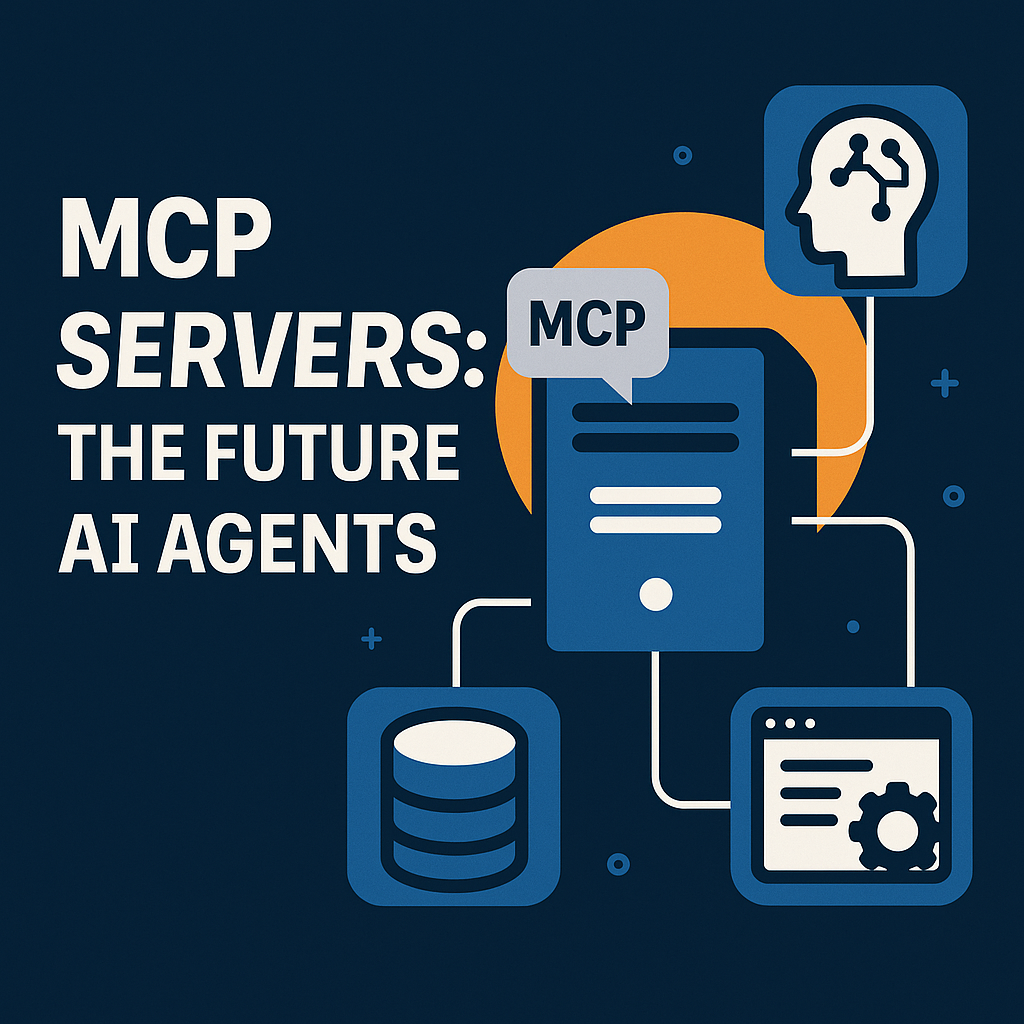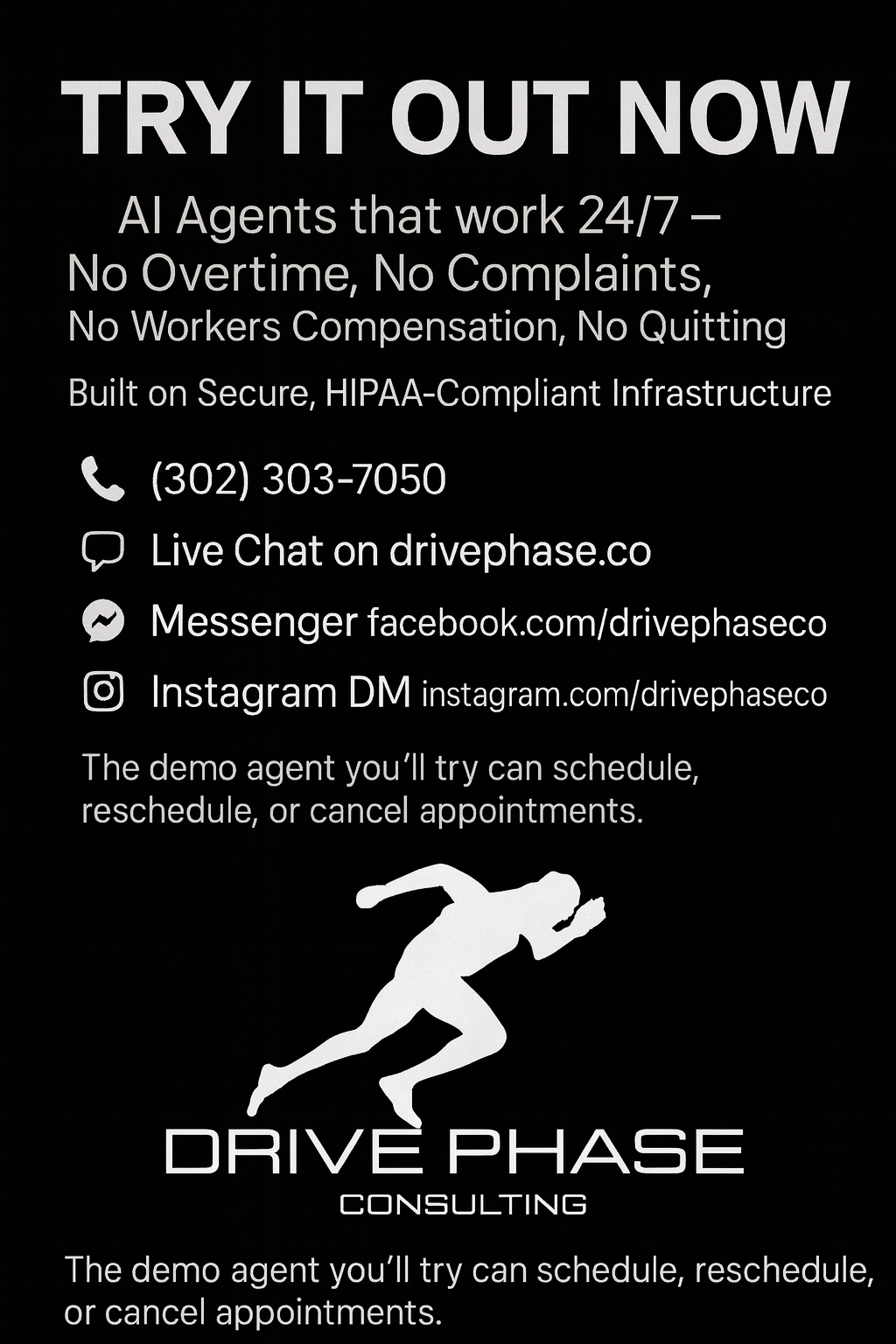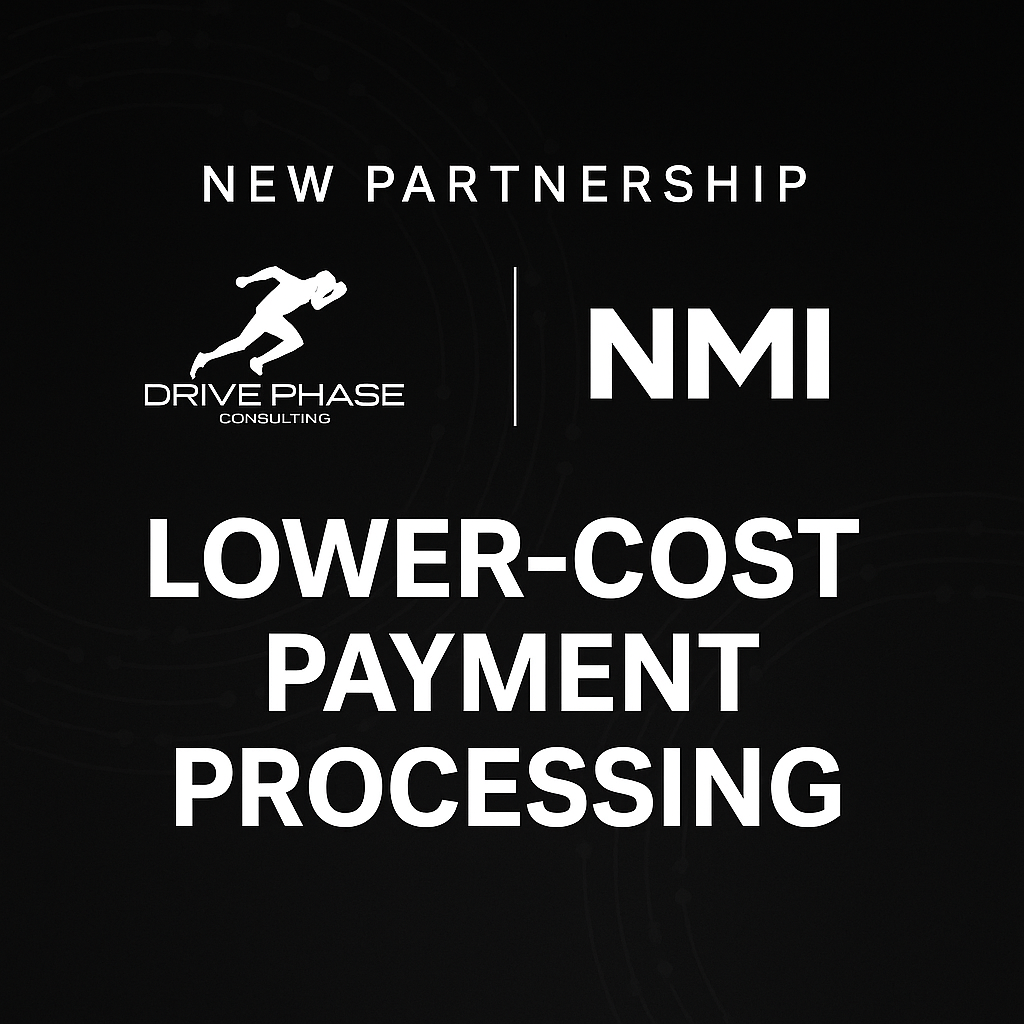How Non-Technical Founders Can Leverage No-Code to Launch Their Startup Idea

In the ever-evolving world of startups, the ability to move quickly from idea to execution is critical. Traditionally, this process required a deep understanding of programming or the capital to hire a team of developers. But what if you don’t have either? Enter no-code platforms—an innovation that empowers non-technical founders to build, launch, and scale their startups without writing a single line of code.
In this blog post, we’ll explore how no-code tools can be a game-changer for non-technical founders, offering a pathway to turn ideas into reality swiftly and cost-effectively.
1. **Understanding No-Code: What It Is and Why It Matters**
No-code platforms allow users to create fully functional applications, websites, and even automated workflows without needing to write code. These platforms provide a visual interface where you can drag and drop elements, configure settings, and integrate with other tools, all without the complexity of traditional programming.
For non-technical founders, this means you can focus on the strategic aspects of your business—like validating your idea, building your brand, and acquiring customers—without getting bogged down in the technical details.
2. **Key Advantages of Using No-Code Platforms**
- **Speed to Market**: No-code platforms drastically reduce the time it takes to bring a product to market. What once took months can now be done in weeks or even days. This speed is crucial in the competitive startup landscape.
- **Cost-Effectiveness**: Hiring a development team is expensive. No-code platforms offer a more affordable alternative, allowing you to build your MVP (Minimum Viable Product) at a fraction of the cost.
- **Flexibility and Iteration**: Startups often need to pivot or iterate based on customer feedback. No-code platforms allow you to make changes quickly, ensuring that your product evolves in line with market demands.
- **Empowerment**: As a non-technical founder, you no longer have to rely entirely on developers to execute your vision. No-code tools put the power in your hands, allowing you to build and iterate on your own.
3. **How to Get Started with No-Code**
- **Identify the Right Tool**: There are numerous no-code platforms available, each with its own strengths. For web development, tools like Webflow and WordPress are popular. For app development, consider platforms like Bubble, Adalo, or Glide. Airtable and Zapier are excellent for creating automated workflows.
- **Start with a Clear Vision**: Before diving into no-code tools, outline your startup idea clearly. Identify the core features you need in your MVP. The clearer your vision, the easier it will be to translate it into a functional product.
- **Utilize Tutorials and Communities**: Most no-code platforms offer extensive resources, including tutorials, templates, and community support. Leverage these resources to accelerate your learning curve.
- **Test and Iterate**: Once you’ve built your MVP, launch it to a small group of users to gather feedback. Use no-code tools to iterate quickly based on this feedback, improving your product before a broader launch.
4. **Real-World Examples of No-Code Success**
- **Gartner**: A SaaS company built their MVP using Bubble, validating their idea before securing funding to scale.
- **Comet**: A freelance platform built using Webflow and Zapier, showcasing how no-code tools can be used to create a full-fledged marketplace.
- **Dividend Finance**: A financial services company that used no-code tools to automate their internal processes, reducing costs and improving efficiency.
These examples demonstrate that no-code isn’t just for small side projects—it’s a viable option for building scalable businesses.
5. **Overcoming Common Challenges**
While no-code platforms are powerful, they aren’t without their limitations. Some common challenges include:
- **Scalability**: No-code platforms are ideal for MVPs, but you may need to transition to custom code as your startup grows. Plan for this by choosing platforms that allow for easy handover to developers.
- **Customization**: No-code platforms offer many features, but there may be limitations in terms of customization. Ensure the platform you choose aligns with your specific needs.
- **Security**: Ensure the no-code platform you select has robust security measures, especially if you’re dealing with sensitive user data.
6. **The Future of Startups with No-Code**
No-code tools are democratizing the startup ecosystem, enabling anyone with a great idea to launch a business, regardless of technical skill. As these platforms continue to evolve, we can expect them to become even more powerful, offering advanced features and greater scalability.
For non-technical founders, this is an exciting time. With the right no-code tools, you can turn your startup idea into a reality, building a product that meets market needs without the traditional hurdles of development.
Conclusion
No-code is more than just a trend—it’s a movement that’s empowering a new generation of entrepreneurs. By leveraging no-code tools, non-technical founders can take control of their startup journey, bringing ideas to life with unprecedented speed and efficiency. Whether you’re launching your first MVP or scaling an existing product, no-code offers a pathway to success that’s accessible to all.
Are you ready to take the leap? Start exploring no-code platforms today and transform your startup idea into a thriving business.
Featured Blog Posts
Read some of our latest blog posts

MCP Servers: The Hidden Engine Powering the Future of AI Agents
In the fast-moving world of artificial intelligence, a new foundational technology is quietly shaping how AI agents connect to tools, data, and each other: MCP servers — short for Model Context Protocol servers.

Drive Phase Consulting Launches Live Demo AI Agent
At Drive Phase Consulting, we believe the future of customer service and lead management belongs to AI-powered agents. Today, we’re excited to announce the launch of our live demo AI agent — built to show businesses just how powerful this technology can be.

New Partnership with NMI Brings Lower-Cost, Flexible Payment Processing to Drive Phase Clients
At Drive Phase Consulting, we're always looking for ways to help our clients build faster, smarter, and more affordably. That’s why we’re excited to announce our new partnership with NMI, a leading payment gateway provider trusted by over 3,000 partners and 275,000 merchants.

How Drive Phase Consulting Is Powering Custom AI Solutions with RAG and Vector Databases
At Drive Phase Consulting, we’re always exploring the best ways to bring cutting-edge AI into the hands of businesses — fast, affordably, and at scale. One of the most exciting innovations we’re actively building with right now is RAG (Retrieval-Augmented Generation), a powerful AI framework that lets users query their own data using natural language.

Drive Phase Consulting Named a Xano Silver Partner — One of the Top 14 Xano Agencies Worldwide
We’re proud to announce that Drive Phase Consulting has officially been named a Xano Silver Partner, placing us among the top 14 Xano agencies in the world — and notably, one of only two Silver-level Xano Partners based in the United States.

Accelerating MVP Iteration: The Value of No-Code Development
Accelerate MVP iteration with no-code tools for rapid development, collaboration, and market entry.

How Seagate's Lyve Team Saved $2.3 Million and Accelerated Development by Switching from Full Code to Bubble.io
In the world of enterprise technology, innovation often hinges on balancing speed, cost, and functionality. Seagate's Lyve team recently demonstrated the transformative potential of no-code solutions by switching from a traditional full-code development process to Bubble.io. This decision resulted in staggering savings—$2.3 million annually by eliminating outsourced coding contracts—and significantly reduced project timelines from 15 months to just 3–4 months.

Why Wireframes are Essential for Custom App Development Success
Discover why wireframes are essential for successful custom app development, improving communication, saving time, and enhancing user experience.

Unlocking the Power of No-Code: Can It Really Meet Your Needs or Are There Hidden Limitations?
Explore the benefits and limitations of no-code platforms to determine if they can truly meet your development needs.

Debunking the Myths: Why Vendor Lock-in in No-Code Platforms is Overstated
Explore the reality behind vendor lock-in risks in no-code platforms and discover how businesses can navigate these concerns effectively.

Validating Your Startup Idea: Why You Should Do It Quickly and Cheaply
Validating your startup idea is crucial to ensure you're solving a problem that people will pay to solve. As a founder, it's important to validate your idea quickly and cheaply before fully developing a product. You can start by offering your solution as a consulting service or using existing tools to create a minimum viable version. The most important step in validation is not just asking people if they would buy but actually getting them to pay. This shows genuine interest and proves your idea addresses a real, painful problem. By validating early, you save time, money, and increase your chances of building a successful product.

HIPAA Compliant App Development Using No Code
No code development represents a transformative shift in how applications are built. This approach is particularly significant given the healthcare industry's strict regulations, such as HIPAA (Health Insurance Portability and Accountability Act), which governs the privacy and security of medical information. The issue has historically been that many no code platforms are not HIPAA compliant. However, two of the new paltforms, WeWeb and Xano, are actually HIPAA compliant which opens up the benefits of no code to more health care organizations.

The Importance of Valuing Time for Small Business Owners
Small business owners often face a unique challenge of valuing their own time. Juggling numerous responsibilities, they can easily fall into the trap of undervaluing their hours, leading to burnout, procrastination, and stunted business growth. This struggle is often rooted in the complexity of roles they play – from sales to marketing to operations – which often leaves little time for strategic thinking and planning.

Our Lead No-Code Consultant Becomes One of the First 100 Certified Bubble Developers
We are excited to announce that our very own Lead No-Code Consultant, Xan Hong, has achieved a significant milestone by becoming one of the first 100 Certified Bubble Developers through Bubble.io. This accomplishment not only underscores Xan's commitment to staying at the forefront of technological innovation but also reinforces Drive Phase Consulting's dedication to providing top-tier, cutting-edge solutions to our clients as a Bubble Consultant.

How We Saved This E-Commerce Site Close to 1,000 Hours Per Year
During the pandemic, people were scrambling for interesting activities to do while being cooped up in quarantine. One such activity that a lot of people turned to was paint by numbers. One website, Just Paint by Number, saw their revenue grow over 1,100% during the pandemic. While a good problem to have, it's still a problem to handle such astronomical growth if you're not prepared for it. We helped turn this business into a valuable passive income stream for it's owner through a combination of building a custom no code automation application and outsourcing.


